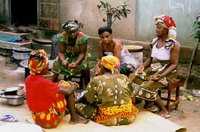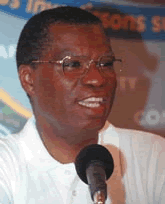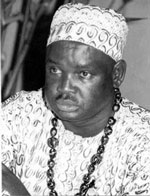A case study (PDF) from JETHRO states that:
SMEs are the main source of employment in developed and developing countries alike,comprising over 90% of African business operations and contributing to over 50% of African employment and GDP. Many SMEs remain outside the formal and banking sectors yet harnessing the talent in the informal sector and bringing it into the formal sector generates increased revenue through taxation; SMEs benefit from protection under legislation and homogenised standards and supply. Ultimately, some SMEs may become sufficiently integrated into the legal and banking frameworks that they can work towards listing on arms of the national Stock Exchangesvia AfricaPractice














